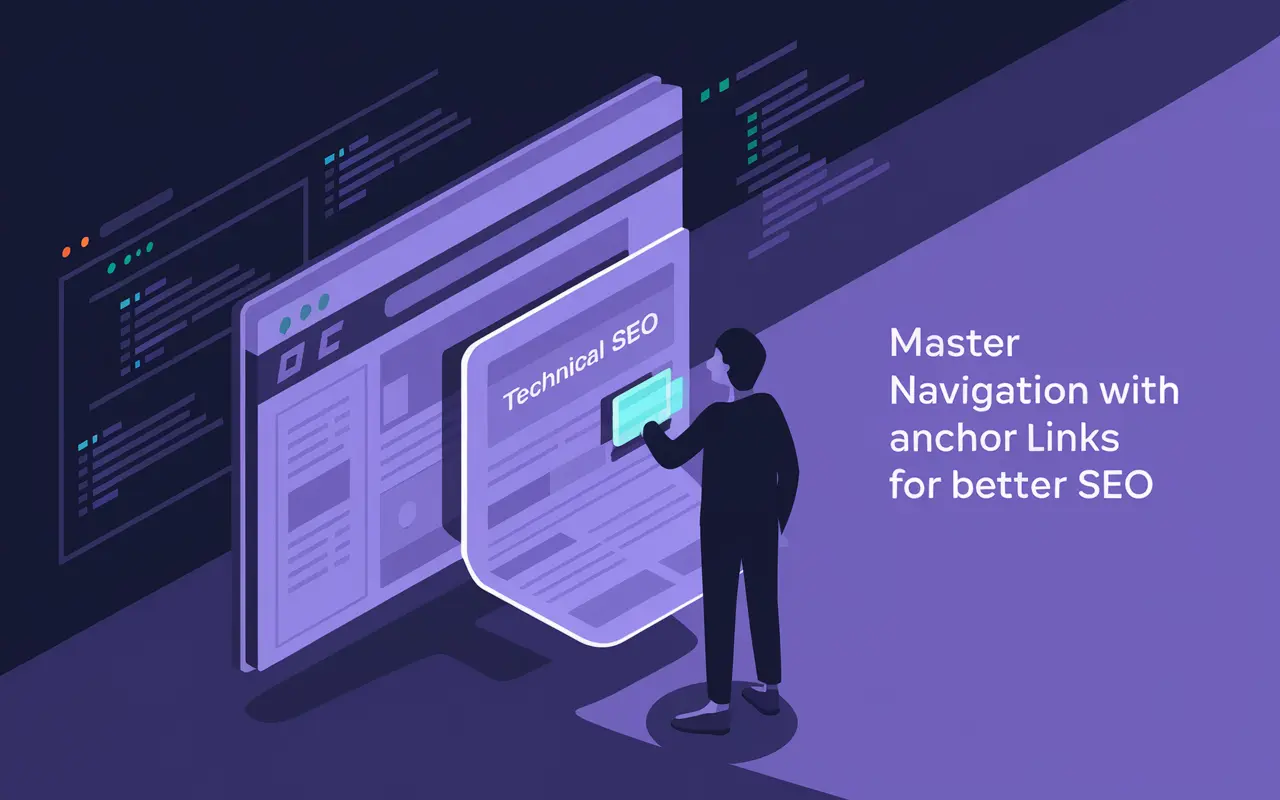Beginner’s Guide to Using Python for SEO Optimization
Master Python for SEO: A Guide for Beginners
Learning Python can transform how you approach search engine optimization, streamlining tasks and offering powerful automation potential. Here’s your guide to mastering key concepts, libraries, and practical projects in Python to tackle SEO challenges efficiently.
Getting Started with Python Basics
Before diving into SEO applications, you need a solid grasp of Python’s core concepts:
Explore these concepts through resources like Python for Beginners and W3Schools Python Tutorial.
Importing and Leveraging Libraries
Python boasts a wealth of libraries such as:
Refer to Real Python tutorials and DataCamp guides for extensive insights into these libraries.
Core SEO-Related Python Skills
Enhance your SEO toolkit with these essential Python skills:
These skills allow you to automate numerous SEO tasks like crawling, data extraction, and report generation.
Beginner-Friendly Python SEO Projects
Try these beginner projects to apply your new skills effectively:
- Check if Pages are Using HTTPS: Automate the audit of URLs to ensure secure HTTP protocols using a script that processes URLs from CSV files and checks their status codes.
- Check for Missing Image Alt Attributes: Script a solution to identify missing alt text for images on web pages, enhancing accessibility and SEO value.
- Scrape Title and Meta Description Tags: Extract and compare metadata from multiple URLs, identifying any absences or duplicates.
- Using Python with the Ahrefs API: Engage with Ahrefs data for large-scale workflows such as backlink monitoring and content reporting.
Python’s capabilities extend SEO possibilities, and these projects provide a starting point for deeper exploration.
Resources for Continual Learning
Start your journey with Python today and transform your SEO strategies into highly efficient operations. The time invested in learning Python is a game-changer, promising efficiency and new discoveries in the SEO space.
#PythonForSEO #DigitalMarketing #SEOOptimization #Automation #DataAnalysis #SEOProjects #BeautifulSoup #Pandas #HTTPRequests #SEOExperts #DigiDreamSEO #TechSkills #AutomationInSEO #SEOCommunity







